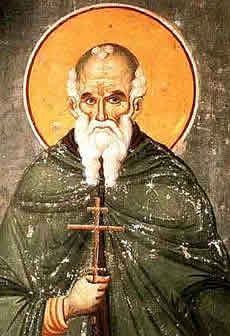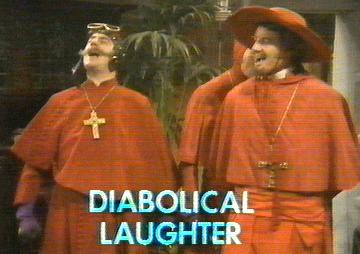Leftow 2: “A Latin Trinity” – Part 1
Brian Leftow’s “A Latin Trinity” (Faith & Philosophy 21:3, July 2004, 304-33) is a theory of the Trinity which aims to be squarely in the tradition of “Augustine, Boethius, Anselm and Aquinas”. (304) He also cites the Athanasian creed and the one from Toledo in 675 as well. I’m going to treat this challenging article in parts, and do some simplifying and summarizing in order… Read More »Leftow 2: “A Latin Trinity” – Part 1










